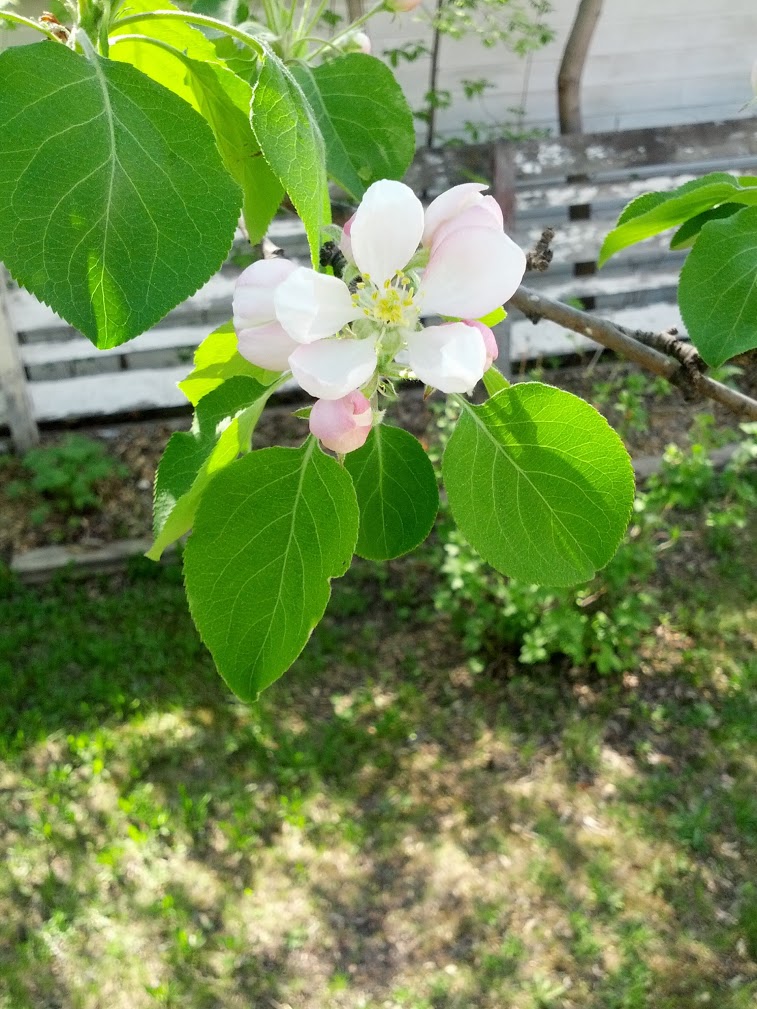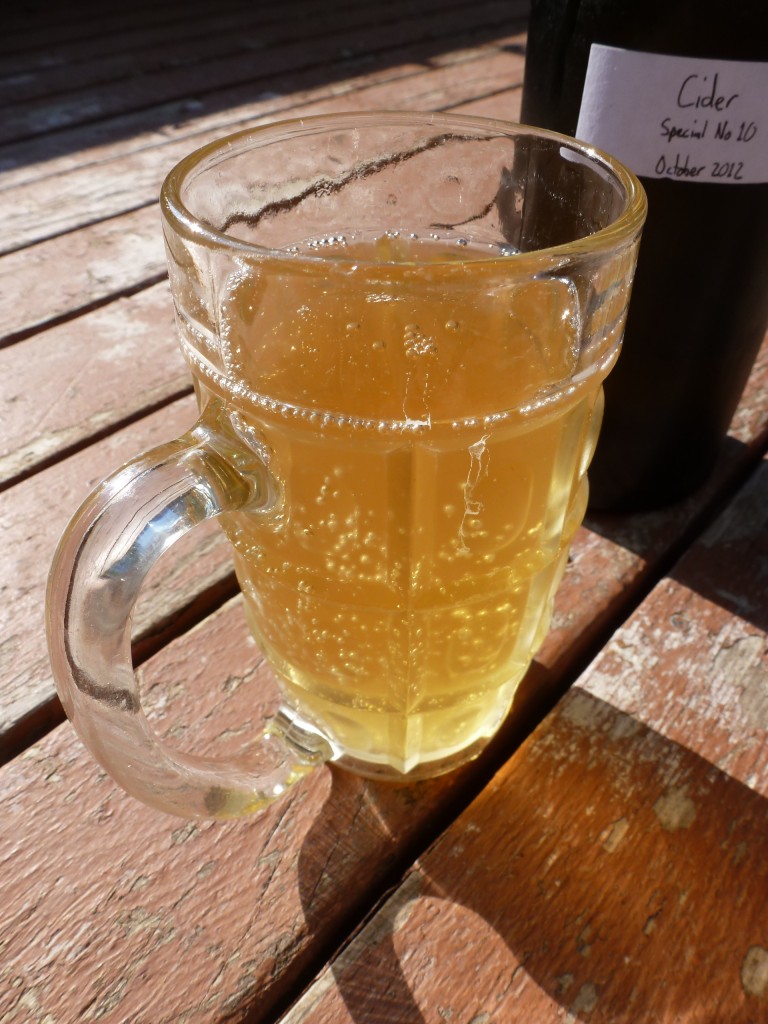This week I am giving a presentation at Eat Alberta about how to make cider. I’m not an expert by any leap of the imagination: I’ve only been making cider for three seasons, and truthfully everything (everything!) that I know I learned from Kevin and Chad and a handful of websites.
The preamble to my presentation is called “Why Cider Matters”, and I thought I’d share the gist of it with you.
 Backyard cider-making is the single most exciting movement within our local food scene. A bold statement, I know. Of all the burgeoning activities related to food production – gardening, fishing, visiting farms, joining CSAs, foraging mushrooms, hunting – cider-making may be the most accessible, and the most capable of transforming the cuisine of central Alberta.
Backyard cider-making is the single most exciting movement within our local food scene. A bold statement, I know. Of all the burgeoning activities related to food production – gardening, fishing, visiting farms, joining CSAs, foraging mushrooms, hunting – cider-making may be the most accessible, and the most capable of transforming the cuisine of central Alberta.
There are apple trees everywhere in this city, especially in older neighbourhoods. Standing in my backyard in McKernan last summer I could see three. Walking through back alleys you are never more than a block away from one. Everybody knows where there is at least one apple tree, and most of those trees produce at least 100 lbs of fruit. The great irony is that the owners of these trees often consider them a nuisance. Most families have trouble consuming all the fruit produced by a single tree, so the apples languish on the branches and fall to the ground, where they are raked into garbage bags so that they don’t destroy the lawn. In other words, not only is there a glut of delicious fruit within our city, there are also people desperate to get rid of it. So much so that they will invite you into their yard to pick ripe fruit, free of charge.
So. We have a lot of apples. What should we do with them? Certainly we should be making apple sauce, apple pies, candy apples, apple jelly, and apple butter. And of course we should be eating a good deal of them out of hand. But there are many compelling reasons that we should convert most of them to hard cider.
Reason 1: Pressing apples into cider is the fastest, lowest-energy method to preserve and consume our apple hoard. You cannot turn all of the apples in Edmonton into pies. You can’t. You can very casually pick hundreds of pounds of apples over an autumn weekend. Each pie uses maybe two pounds. Imagine the time required to peel, cored, and slice the apples, and the energy and space required to freeze and later bake each pie. I love pie more than most, but pie is not the answer.
The first and most beautiful fact about cider is that it converts our numerous apples into a delicious, shelf-stable drink with no added water and very little energy. If you ferment the cider to hard cider, you do not need to heat the liquid when bottling and preserving. In fact the only non-human energy I use in producing cider is transporting and crushing the apples.
Reason 2: Apples that are impractical to eat out of hand or use in baking because of their size, flavour, or condition, can still make fantastic cider. Tiny, mealy, sour crabapples: what could you possibly do with these in the kitchen? Would you peel and core each of the 5000 thumb-sized specimens that fall from a tree? I think not. The juice from such apples, however, is often remarkable, and can lend buoyant acidity and colour to a cider blend.
Reason 3: Delicious, versatile cider could be a foundational ingredient and flavour in central Albertan cuisine. As I’ve said before, culinary invention has two mothers: scarcity and excess. We certainly have an excess of apples. Cider can be a session drink, consumed glass after glass with friends, or a table drink, sipped alongside food. You can cook with it: imagine cider-braising pork and cabbage. Cider has two notable value-added products that could be a boon to local food. One is vinegar: cider vinegar could be the base of every bottle of vinaigrette and every jar of pickles in Edmonton. The other value-added product is apple brandy, which of course is illegal to distill without a license, but someday should be sipped at the end of every meal, and used to flavour pâtés, and preserve fruit, and elevate cream sauces, and on and on.
That is why I’m interested in cider. By far the hardest part of starting a winery is establishing grape vines. That part has already been done by our parents and grandparents. All we have to do is reach out and collect the fruit. Then crush, press, ferment, bottle, and consume it. It is your birthright as an Edmontonian. Dramatic, I know, but true.
